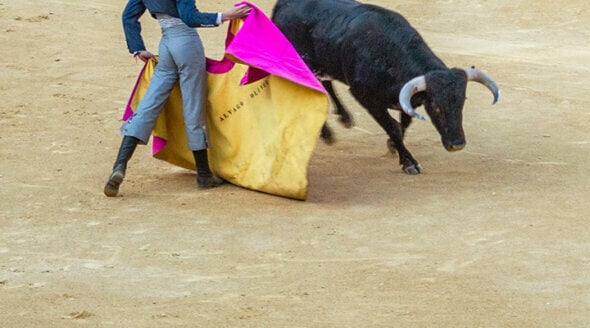PETA Offers Urgent Information For Safeguarding Animals During Cold Weather
For Immediate Release :
8 February 2007
Contact :
Karen Chisholm 020 73579229, ext 229; 07734 579 092 (mobile)
Yvonne Taylor 07736778914
Group Warns Against Leaving Animals Outside in Freezing Temperatures
London – As temperatures drop, People for the Ethical Treatment of Animals (PETA) Europe reminds people that although they are equipped with fur coats, dogs, cats, rabbits and other animals can still suffer from frostbite, exposure and dehydration when water sources freeze.
Will you please consider sharing the following information with your audience to help protect animal companions?
Keep animals inside, particularly puppies and kittens, elderly animals, rabbits and guinea pigs, small dogs, and dogs with short hair, including pointers, beagles, pit bulls, Rottweilers and Dobermans. Short-haired animals will also benefit from a warm sweater or coat on walks.
If animals are left outdoors, rabbits, guinea pigs and other animals must be protected from drafts and damp conditions. Hutches should be raised off the ground and covered with a waterproof tarp at night and when it rains. Provide an enclosed sleeping box lined with straw or other nesting materials. Bedding should be changed weekly and water should be changed twice daily. Wrap water bottles in towels or other insulating material to prevent freezing.
Don’t allow your cat or dog to roam freely outdoors. During winter, cats sometimes climb under the hoods of cars to be near warm engines and are badly injured or killed when the car is started. (To help prevent this, bang loudly on the hood of your car before starting the engine.) Dogs may run out onto frozen ponds and fall through the ice. Animals can also become disoriented when there is snow or ice on the ground. More animals are lost during the winter than during any other season.
Keep an eye out for strays. Take unidentified animals inside until you can find their guardians or get them to an animal shelter. If strays are skittish or otherwise unapproachable, provide food and water and call your local animal shelter for assistance in trapping them and getting them indoors.
Wipe off your dogs’ or cats’ legs, feet and stomachs after they come in from the snow. Salt and other chemicals can make your animals sick if they ingest them while cleaning themselves.
For more information, visit PETA.org.uk.

